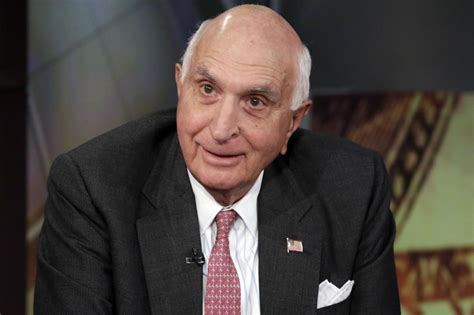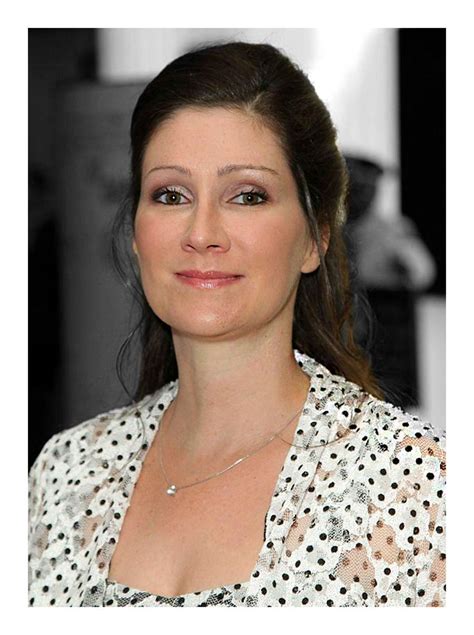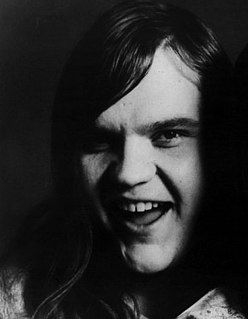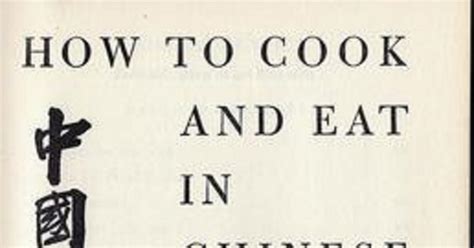A Quote by Wes Craven
Stories and narratives are one of the most powerful things in humanity. They're devices for dealing with the chaotic danger of existence.
Related Quotes
I think acting came later in life when I went to college. I started out there. I wasn't a big star in the school plays or anything. I guess I just really liked stories. I was an English-literature major, and that's all about stories and narratives. Film and theater are very powerful storytelling mediums. You sit in a dark room and enter another world. I love that as a member of the audience, and I sort of wanted to get on the other side.



































